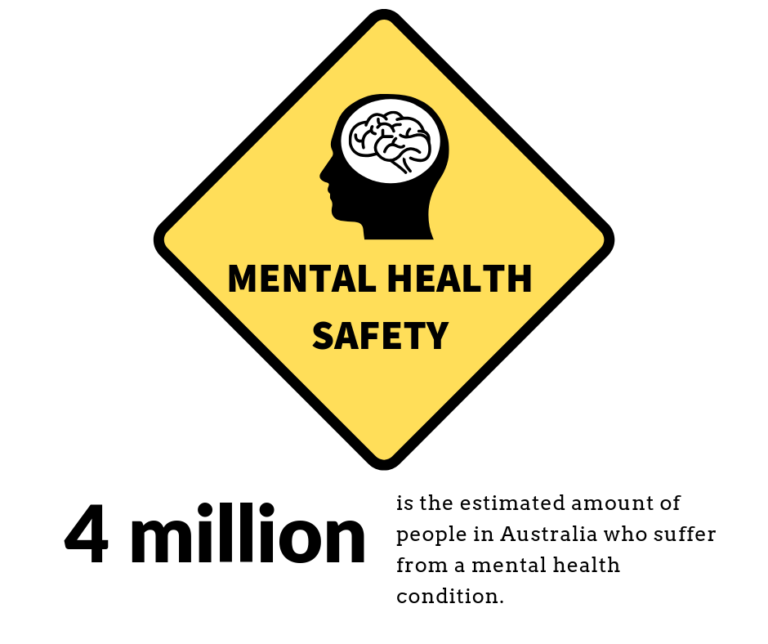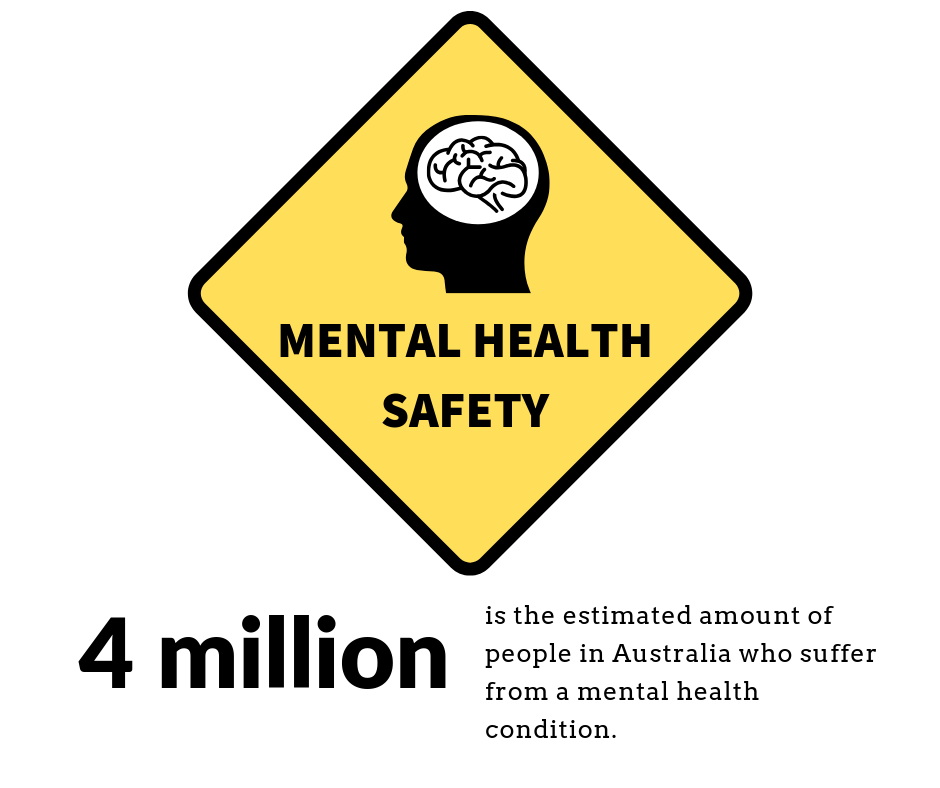October is Health & Safety Month – a time to focus on and discuss health and safety in the workplace. With an estimated 4 million Australians suffering from a mental health condition, it is a leading cause of illness and disability in Australia. Supporting and promoting the wellbeing of staff is both ethically responsible on the part of the organisation and key to meeting WHS requirements to provide a physically and mentally healthy environment. Additionally, organisations have legal obligations to make reasonable adjustments for staff with a mental health condition, to protect privacy and confidentiality and not discriminate against an…

October is Health & Safety Month – a time to focus on and discuss health and safety in the workplace.

With an estimated 4 million Australians suffering from a mental health condition, it is a leading cause of illness and disability in Australia. Supporting and promoting the wellbeing of staff is both ethically responsible on the part of the organisation and key to meeting WHS requirements to provide a physically and mentally healthy environment. Additionally, organisations have legal obligations to make reasonable adjustments for staff with a mental health condition, to protect privacy and confidentiality and not discriminate against an employee because of mental illness.
Organisational factors that may impact upon an employee’s mental health include:
- Poor communication
- Lack of definition of organisational objectives
- Role ambiguity or conflict
- Poor pay
- Job insecurity
- Bullying
- Conflicting demands of work and home
- Lack of variety, fragmented or meaningless work
- Expectation of excessive overtime
- High levels of time pressure
- Lack of recognition or reward
- Autocratic, Laissez-faire or self-interested leaders
- Continuous change
- Poor fit between the job requirements and the person’s competencies
- Unsafe, messy, noisy or dirty workplace
Identifying and addressing these organisational factors is critical to preventing mental injury in the workplace and for creating a mentally healthy workplace.
Similarly it is also important for organisations to be aware of reasonable adjustments available to assist employees experiencing a mental health condition. Reasonable workplace adjustments are changes made to enable people with a disability to participate in the workforce without compromising the health and safety of the employee, or the productivity of the employer organisation. Some of the more common adjustments include:
- Variable start and finish times and days
- Ability to work part-time
- Discretionary leave
- Offering the worker a variety of tasks
- Offering a work area in a quieter location
- Changing or sharing responsibilities or tasks
Health and safety month is the perfect time to review and address health and safety issues in the workplace and ensure mental health is part of this discussion.
Recent articles

Overcoming the Middle Manager Sandwich: CEO Strategies for Success


